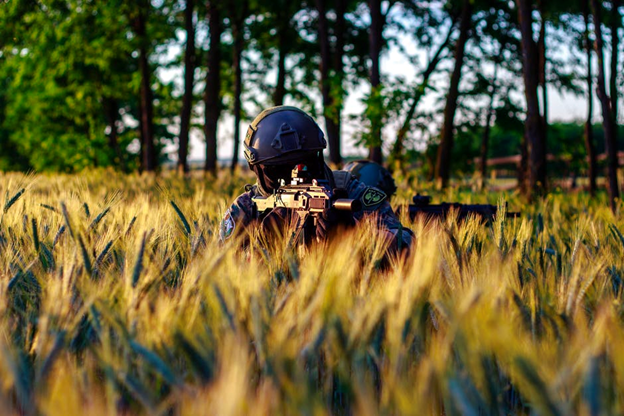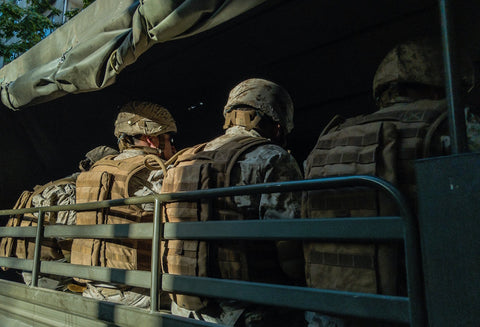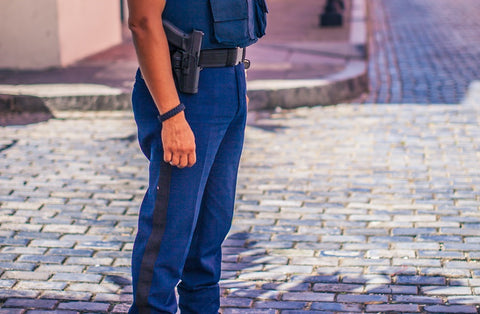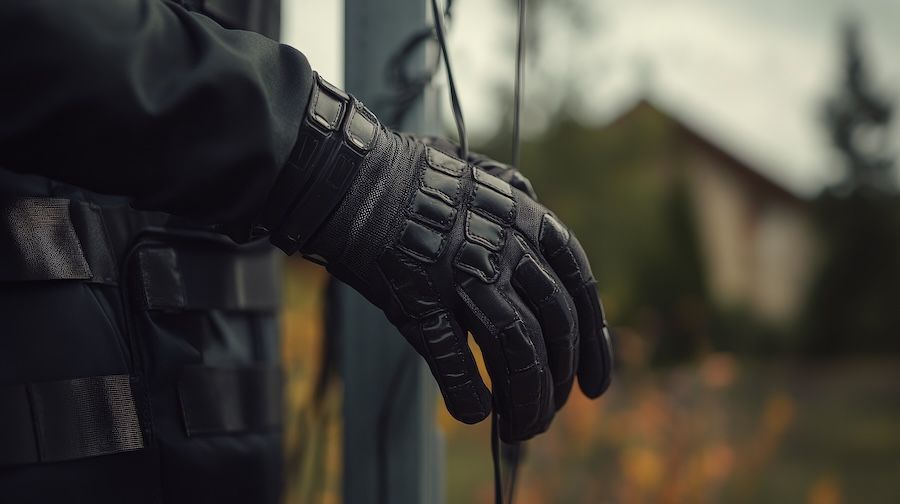How To Decide Between Hard And Soft Rifle Cases
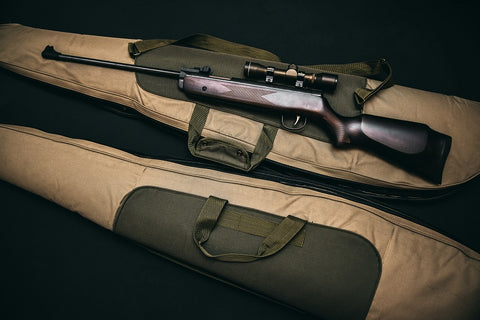
Factors to Consider When Selecting a Rifle Case

A rifle is a powerful firearm that requires delicate care. Therefore, it’s important to store and carry your rifle in a case that serves it well.
Rifle cases can be divided into two categories based on their exterior casing. Hard rifle cases have a solid outer shell, while soft rifle cases are made from more flexible materials. Additionally, each kind of case has its own benefits and drawbacks. So, how do you know which one is right for you? Read below to learn about the differences between the cases, and how to pick the best option for your firearm.
The Main Features Of A Hard Rifle Case
As the name suggests, a hard rifle case has a study, solid outer shell. These cases typically offer more protection than their softer counterparts. The outer shell is typically made of metal and hard plastics, while the inside features padding that insulates your rifle. Thus, these are an excellent choice for long-term storage or transport. A high-quality hard rifle case should have features like crush-proof construction, watertight protection, layered foam inserts, reinforced locking points, and wheels for easy transportation.
Pros and Cons
Hard cases are beneficial if you want reliable, secure protection for your rifle. These durable cases are particularly helpful when storing firearms during long trips that require maximum protection. In fact, you will almost definitely require a hard case while flying with a rifle.
However, hard cases are typically more expensive than soft cases. You may also find that hard cases are inconvenient – they are often louder, heavier, bulkier or tougher to open than soft cases.
The Main Features Of A Soft Rifle Case
A soft rifle case may spark interest in hunters – the more flexible outer material lends itself in a number of helpful ways. They are convenient and often more comfortable to hold than hard rifle cases. A high-quality soft rifle case should have features like Nylon or ripstop fabrics for durability, integrated rifle retention or an internal tie-down system for security, a muzzle and stock pockets, and compression snaps.
Pros and Cons
Soft rifle cases are light, easy to carry, and generally don’t make much noise – making them a perfect choice while hunting in the woods. Many of these cases are waterproof and are even designed to float, which can be useful in mixed environments. Plus, they are less expensive than hard cases.
Cases with soft exteriors do not offer as much protection to your rifle as a hard case would – they do not have the locking mechanisms found on hard cases. Rifles can also shift within a soft case when being transported, especially over long distances.
Factors You Should Consider
The outer material on your case is an important distinction, but there are many other factors you should consider before settling on a case. Within the two case categories – hard and soft –there are many different types of cases that are relevant to the factors you care most about.
Safety
Safety should always be in the front of your mind while using or transporting a rifle. In order to keep your rifle secure, you must use a hard case if you are flying with it. Cases with built-in locking mechanisms are generally the most secure. Whether you select a hard or soft rifle case, it is vital that you ensure you know how to close and carry the case properly.
Durability
The case you buy is an investment, so you should pick a case that won’t fall apart easily. Look for cases with sturdy straps that won’t loosen or break. Cases with Nylon straps offer the most durability. Straps that are adjustable and padded will help with long distance travels. Otherwise, look for warranty options and read reviews of buyers who have used the cases that interest you.
Transportation
When picking a case, consider the trips you take with your rifle. Specifically, think of the distance and environment in which your rifle will join you.
You’ll want a waterproof case if you’re going to be in unpredictable climates or hunting water creatures.
The weight of your case may affect your experience while using your rifle. A lighter case – which would more likely have a soft exterior – will be easier to carry but probably offers less protection. If you do select a soft case, you may choose to select one with high quality padding in order to keep your rifle from getting banged up during transport.
Type Of Rifle
When looking at rifle cases, make sure the dimensions of your rifle match that of the case. You may instinctually think to check the exterior dimensions of the case. However, the case’s interior will have some level of padding, so you should check that your rifle actually fits inside. It’s best to do this before considering the other factors.
Which Kind Of Case Should I Choose?
Ultimately, there is no consensus on whether hard or soft cases are better to store your rifle in. It all depends on your circumstances and which factors matter to you. You could even get two cases – one soft and one hard – and swap them out depending on the circumstances of use, if that’s a financial possibility.
The Takeaway
You’ve learned about the difference between hard and soft rifle cases, and the pros and cons that each has to offer. You’ve also learned what factors are important to consider when selecting a case, so the choice is ultimately yours to make.


